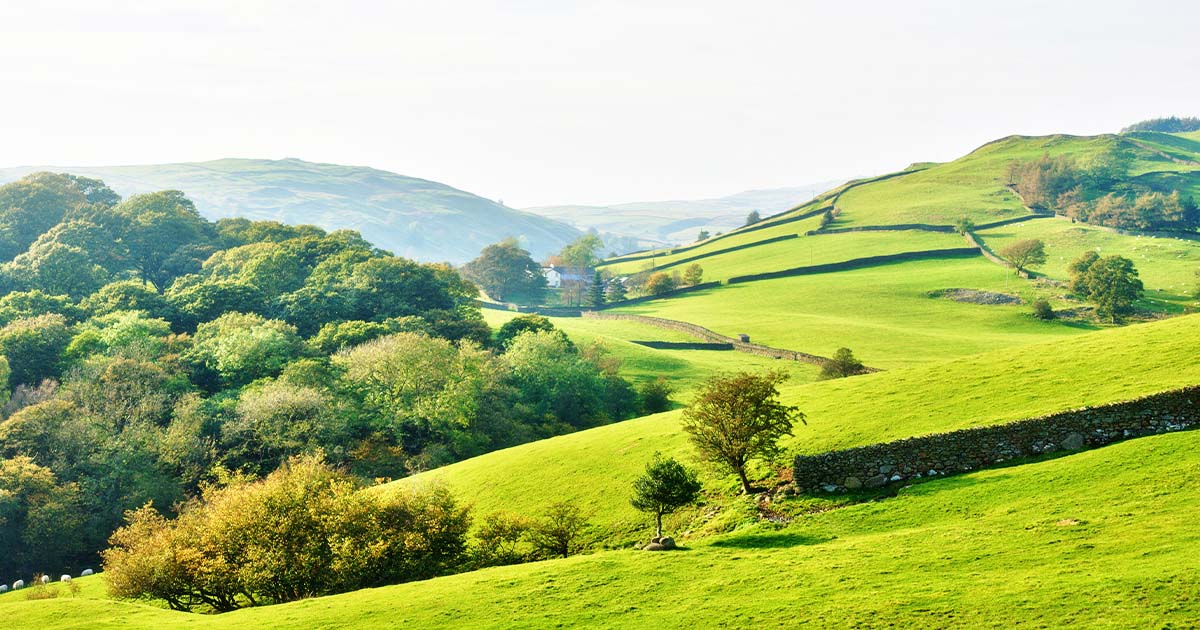Advising on climate change

A key member of our Sustainability Group, Louise Irvine spoke to Estates Gazette regarding The Law Society’s forthcoming guidance for climate change advice within real estate conveyancing.
The Law Society’s forthcoming guidance for climate change advice within real estate conveyancing is coming at an ideal time. There is growing awareness that climate risks such as flooding, droughts, storms, and coastal changes are increasing and that this can significantly affect property values and the feasibility of transactions. Lawyers overseeing real estate transactions have the potential to act as an early warning system, with the new guidance seeking to help them navigate how climate advice should integrate with overall conveyancing practices and workflows.
As a first step, an industry consultation was undertaken to gauge current practices, attitudes towards climate advice and what support lawyers are looking for from the guidance. The consultation ran from 17 September to 31 October 2024, with the results recently being published.
One of the most striking findings has been the gap between the Law Society’s aspiration for solicitors to help take the lead in addressing the climate crisis and the high level of respondents who currently feel unable to confidently discuss climate risks with their clients (76%).
The rationale for the guidance
The context for the new guidance is a Law Society climate change resolution which was published ahead of COP26 in 2021. The organisation is keen for real estate lawyers to take the initiative, as the sector is responsible for an estimated 25% of all carbon emissions in the UK.
The Law Society’s resolution urges solicitors to “engage in climate conscious legal practice” by weaving climate change throughout their practice areas. There is an expectation that lawyers will provide competent advice to clients on how they can achieve their objectives while also mitigating the effects of the climate crisis, as well as advising on the potential legal risks and liabilities that might arise from inaction or action that negatively contributes to the climate crisis.
Published on 18 February 2025, you can read the full article on EG’s website, here.





